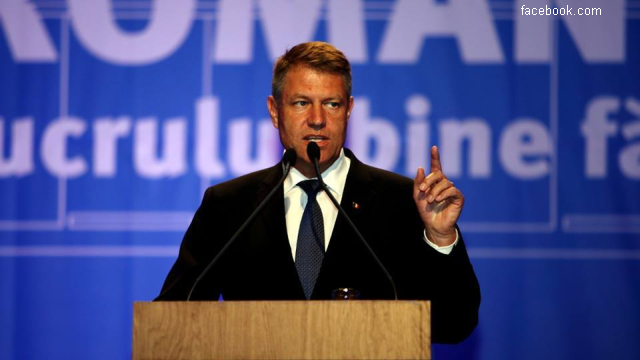The Fight Against Corruption in Review
Anti-corruption efforts have over the years become a national priority and the President elect Klaus Iohannis says he is firmly behind such efforts.

Florentin Căpitănescu, 27.11.2014, 13:14
Ever since the campaign for the presidential election, Liberal Klaus Iohannis promised to get more involved in the fight against corruption, one of the main problems facing Romanian administration after the fall of communism. Attending a debate on this topic, Iohannis reiterated his commitment, given that corruption has become a phenomenon affecting national security, leading to economic and social segregation and to a reversal of values.
Klaus Iohannis: “Corruption is by far the main problem facing our national security. For this reason, preventing, identifying and punishing any acts of corruption are actions worthy of any judiciary, all the more so for the Romanian justice system”.
Klaus Iohannis also highlighted the damage caused by corruption, high-level corruption in particular, as well as the negative effects of politicians interfering with the activity of institutions in this field.
Klaus Iohannis: “As president of Romania I will make sure that the justice system and financial control bodies should work together towards recovering the losses caused by corruption and curb its negative effects on society. Moreover, I once again urge the political class not to interfere with criminal investigations conducted by the relevant institutions”.
Attending the conference, the chief prosecutor of the National Anti-Corruption Directorate Laura Codruta Kovesi said that confidence in the institution she manages went up by nearly 60% in recent years. Kovesi added that in 2014 over 1,000 people have received sentences for corruption, while anti-corruption prosecutors have seized assets worth 150 million euros. Some 83% of the investigations are based on information and notifications filed by citizens and public institutions.
Laura Codruta Kovesi: “I’ve noticed that this year only 17% of our registered cases were based on notifications coming from the media, from investigative journalists and from intelligence services”.
Beyond all these figures, over the last years the National Anti-Corruption Directorate has grown into an institution willing to serve its purpose. Its results are telling — scores of high-ranking officials have received definitive prison sentences, including the former Social-Democrat Prime Minister Adrian Nastase, and the Directorate continues to keep an eye on the activity of the current political class.






























